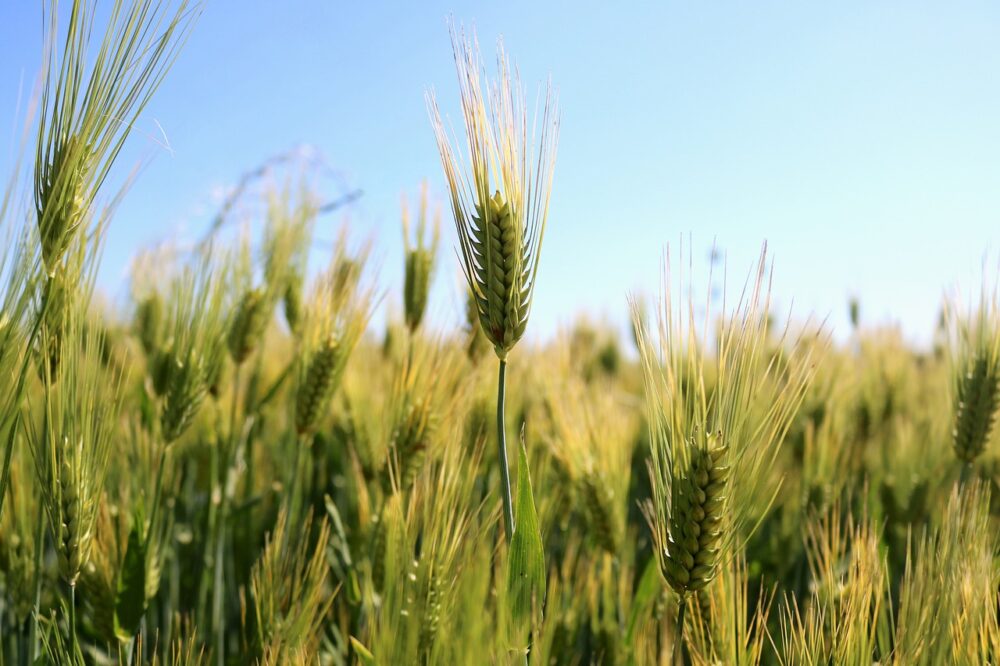The Surprising Connection Between Celiac Disease and Obesity
Generally, people who suffer from Celiac disease lose weight due to poor absorption of certain foods and minerals. However, recent research suggests that some people may experience weight-gain as a result of gluten allergy.
A growing number of studies explore the relationship between Body Mass Index and the presentation of Celiac disease in patients. One which study followed 371 patients seeing a single gastroenterologist over a 10 year period found that only 5% of patients were underweight (BMI equal to or less than 18.5). Comparatively, 39% were overweight (defined by a BMI equal to or over 25) and 13% were obese (BMI>30). More interestingly, when prescribed a conventional gluten-free diet, the overweight and obese patients still experienced weight gain after two years. (Compliance with a gluten-free diet was measured using serous blood tests). This means that different gluten-free diets tailored to obese and overweight individuals may be necessary.
Obese and overweight patients with confirmed Celiac disease are less likely to experience common symptoms such as diarrhea and reduced hemoglobin. In some cases, primary care providers may dismiss the disease in overweight or obese patients, based on the conventional wisdom that a person with the condition experiences unexplained weight loss and severe gastrointestinal symptoms.
How Is Celiac Disease Diagnosed?
The relationship between Celiac disease and weight is much more complicated than conventional medical wisdom might initially assume. If you have symptoms such as bloating, gas, constipation, or diarrhea that persist over weeks or months, a test to rule out the disease may be indicated.
If your provider suspects you might have Celiac disease, the first step is a blood test. Serology testing looks for the presence of certain antibodies in your blood. If you have an elevated level of a certain type of protein, it could signal that your body is mounting an immune response to gluten. Keep in mind that if your blood is being tested for antibodies, it is important to eat gluten at this time. Following a gluten-free diet prior to the test could make your results appear normal.
If the results of a serology test indicate possible Celiac disease, the next step is to confirm via endoscopy. This is a test that involves putting a long tube with a camera into your mouth and down your throat. The camera will allow your doctor to see your small intestine and assess its structures for damage consistent with Celiac disease.
After Your Celiac Testing
Blood tests and endoscopy can help confirm or rule out the presence of Celiac Disease. If you have the disorder, a gluten-free, nutritious diet recommended will reduce or eliminate symptoms. If you do not have the disease, further testing may be needed to determine the cause and proper treatment. Those who are overweight or obese can still work with a physician to develop a plan to facilitate long-term weight loss.
Malladi Bariatrics and Advanced Surgery has vast experience providing patients with the tools to achieve and maintain meaningful weight loss. Procedures such as gastric bypass combined with regular exercise and a healthy diet, can help you address troubling symptoms that may arise as a result of excessive weight gain. Contact us today to arrange a consultation.






